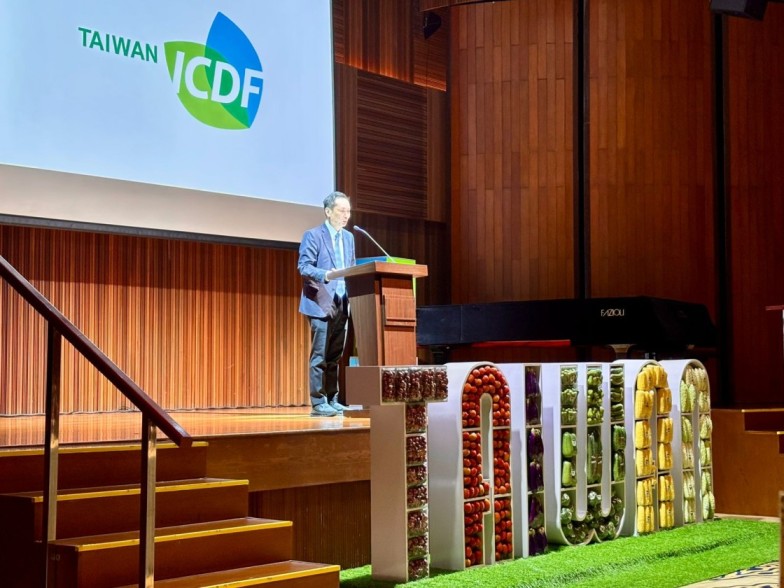96 percent of Indonesian coffee productions come from people’s plantations

Jakarta (Indonesia Window) – As many as 96 percent of Indonesian coffee productions come from people’s plantations, Minister of Research and Technology/Head of the National Research and Innovation Agency, Bambang Brodjonegoro, said during a webinar on Saturday (Sep 5).
Currently Indonesia’s average coffee production reaches 600,000 tons per year, which is generated from 1.3 million hectares of land, the minister said in a webinar under the theme Indonesia in the World Coffee Map: Opportunities and Prospects held by the Center for Gastro-diplomacy Center for Research in Social Sciences and Humanities (C-RiSSH) of University of Jember, East Java.
“Of that amount, 45 percent of the production is absorbed by the domestic market, and the rest is exported,” the minister said, adding that the government is determined to increase the national coffee production to become the second coffee producer in the world, which is now the position held by Vietnam.
He added, Indonesia’s coffee plantation areas are larger than Vietnam’s, but the latter develops coffee more optimal than that of the former.
On the other hand, coffee in the archipelagic country is still a side crop.
“Another problem of the coffee production in Indonesia is that when the country faces a question at the post-harvest stage. Therefore, the Ministry of Research and Technology through LIPI (the Indonesian Institute of Sciences) has developed various technologies to help increase production of farmers’ coffee,” Minister Bambang said.
He said one of the technologies driven by LIPI was carried out in Southwest Sumba district, West Nusa Tenggara province.
The program succeeded in generating Aroma Kopi Sumba (aroma of Sumba’s coffees) which won the national coffee contest in 2017 and 2018.
“I hope that universities, like University of Jember, would play roles in enhancing the national coffee production by forming a multidisciplinary consortium on coffee research that involves many experts from various disciplines so that the development of Indonesian coffee can be more advanced,” the minister said.
Meanwhile, the Chairman of the Indonesian Coffee Exporters and Industry Association (AEKI), Irfan Anwar, said the government should pay attention to increasing the coffee production because Indonesia’s coffee plantation areas are larger than those in Vietnam.
Indonesia has 1.3 million hectares of plantation areas, while Vietnam only has 650,000 hectares.
However, Vietnam’s coffee plantation productivity is higher with 2.3 tons of coffee beans per hectare, than 700 kilograms produced in Indonesia.
“It is not surprising that Vietnam has become the second coffee producer in the world, while Brazil is the top, and Colombia and Indonesia at the third and fourth respectively,” he noted
Irfan said the current challenge in increasing the productivity of the Indonesian coffee plantations is the COVID-19 pandemic which has reduced coffee exports following the closure of hotels and cafes around the world.
This export decline has made the world coffee prices fall by 30 percent.
However, the price of Indonesia’s specialty coffee still persists.
If the national coffee production can be increased, then the two million Indonesian farmers, including coffee entrepreneurs from upstream to downstream, who depend on coffee production are expected to be more prosperous.
Reporting by Indonesia Window

.jpg)








